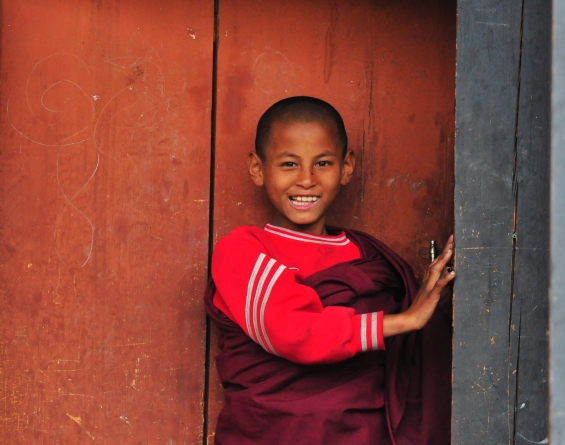- Home
- Tours & Treks
- Contact
- Bhutan on the Map
- Bhutan for Tourism
- Bhutan Happiness
- People of Bhutan
- Visa for Bhutan
- Best time to visit Bhutan
- Bhutan Visa-Entry Permit to Bhutan
- Bhutan Flights
- How to travel to Bhutan
- Flights to Bhutan
- Bhutan Festival
- Punakha Festival
- Thimphu Dromchen
- Thimphu Festival Tour
- Tangbi Mani Festival
- Jakar Festival
- Paro Festival
- Black Necked Cranes Festival
- Ura Yakchoe Festival
- Kurjey Festival


